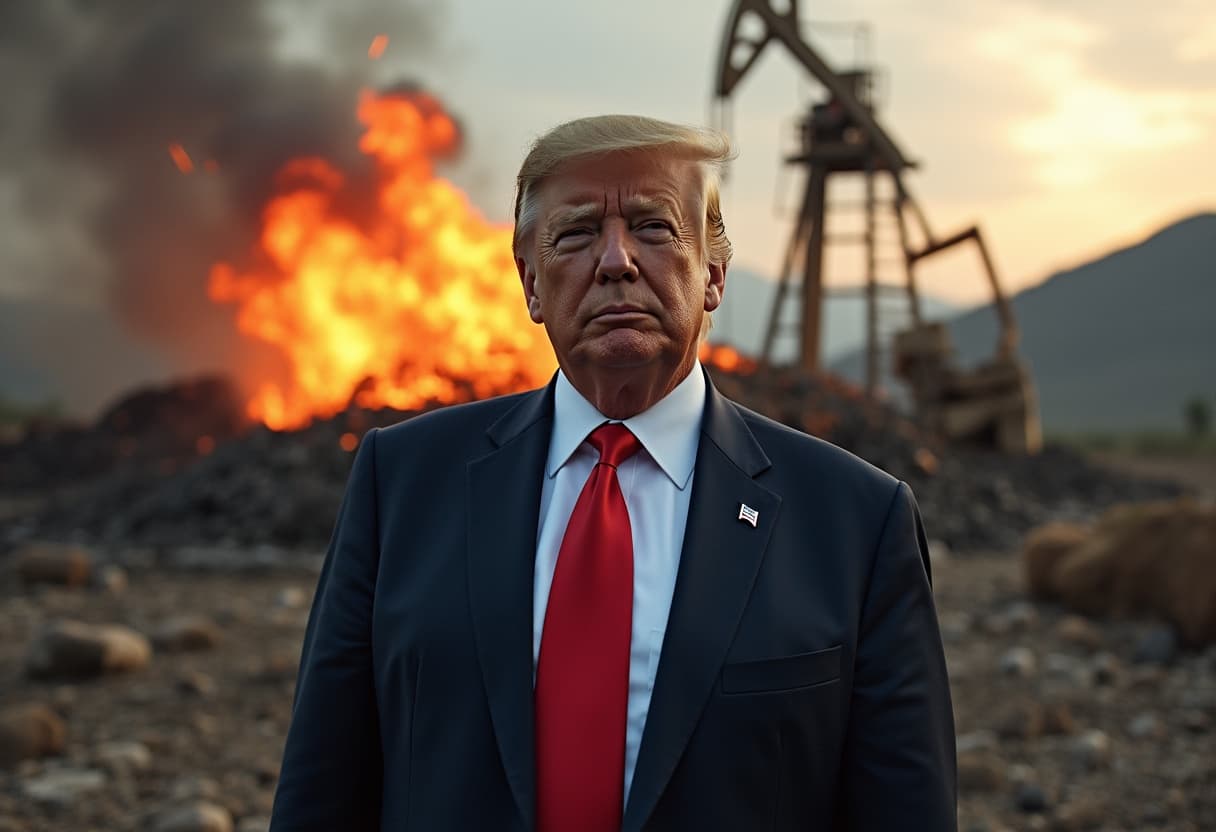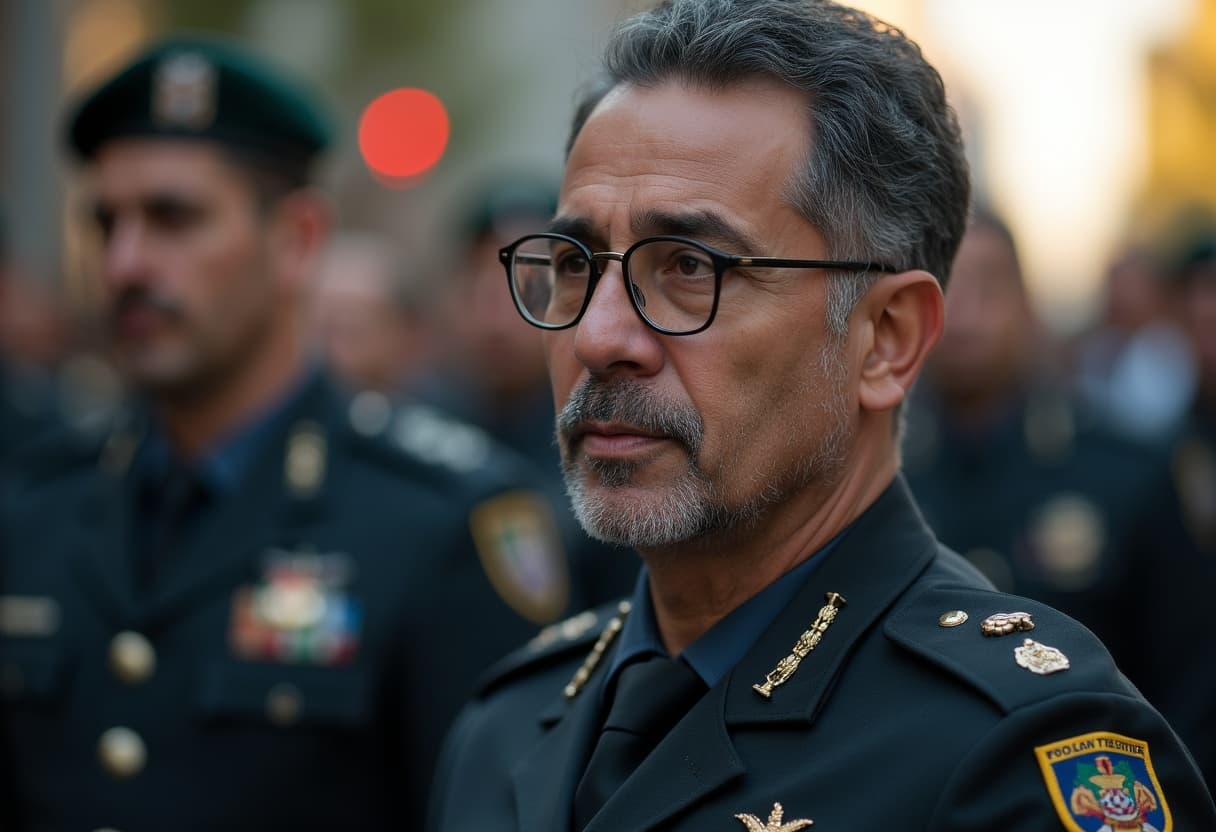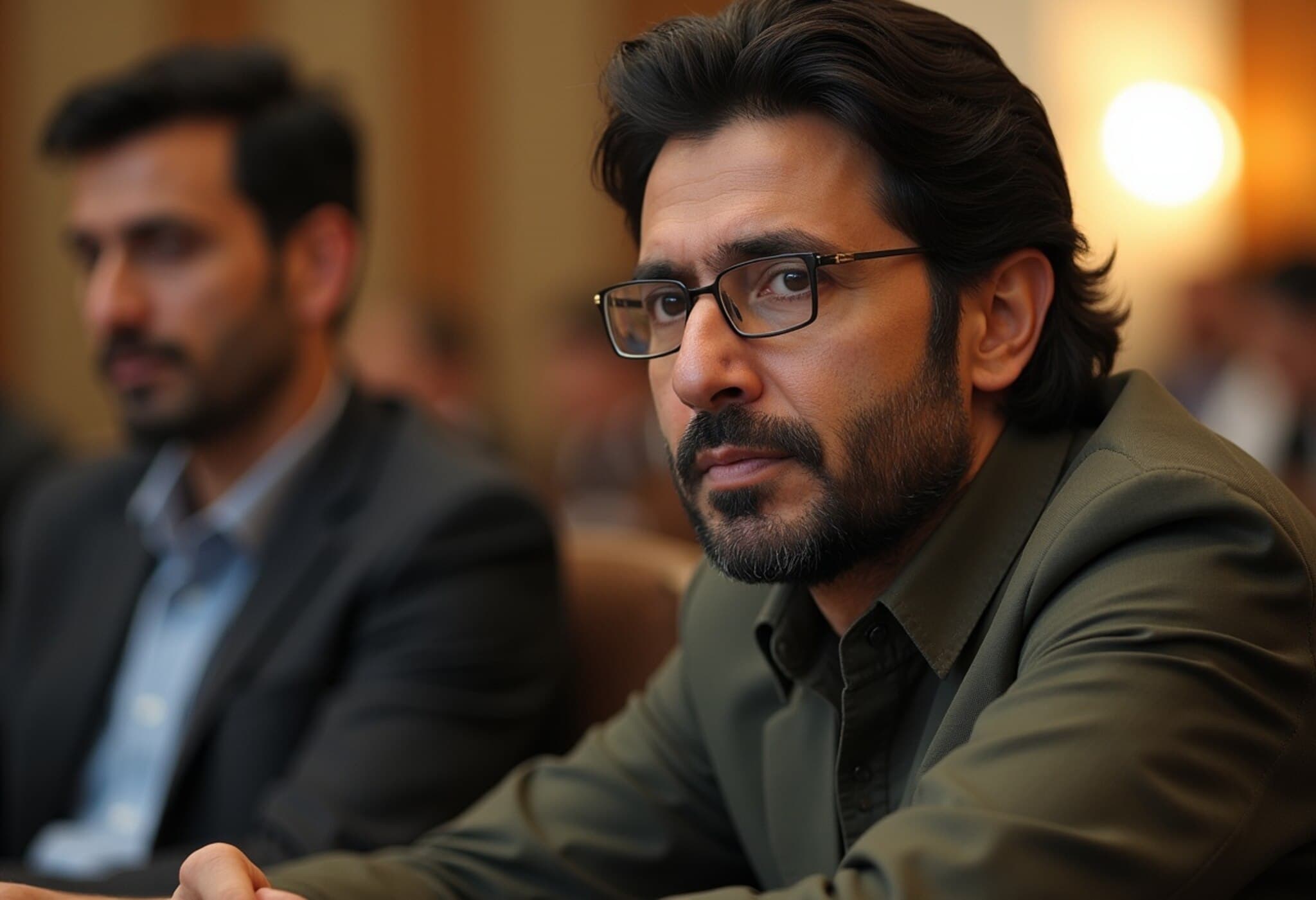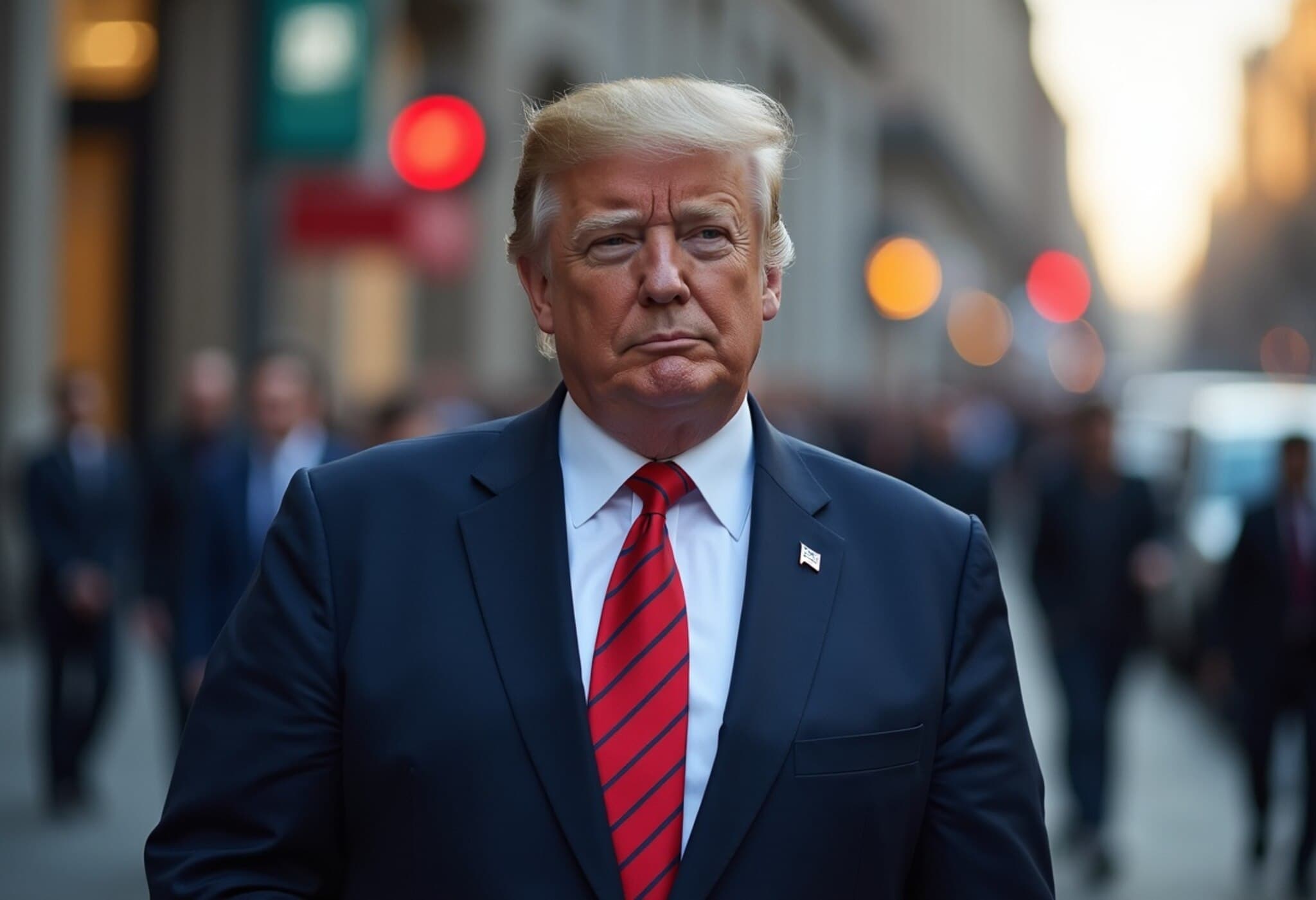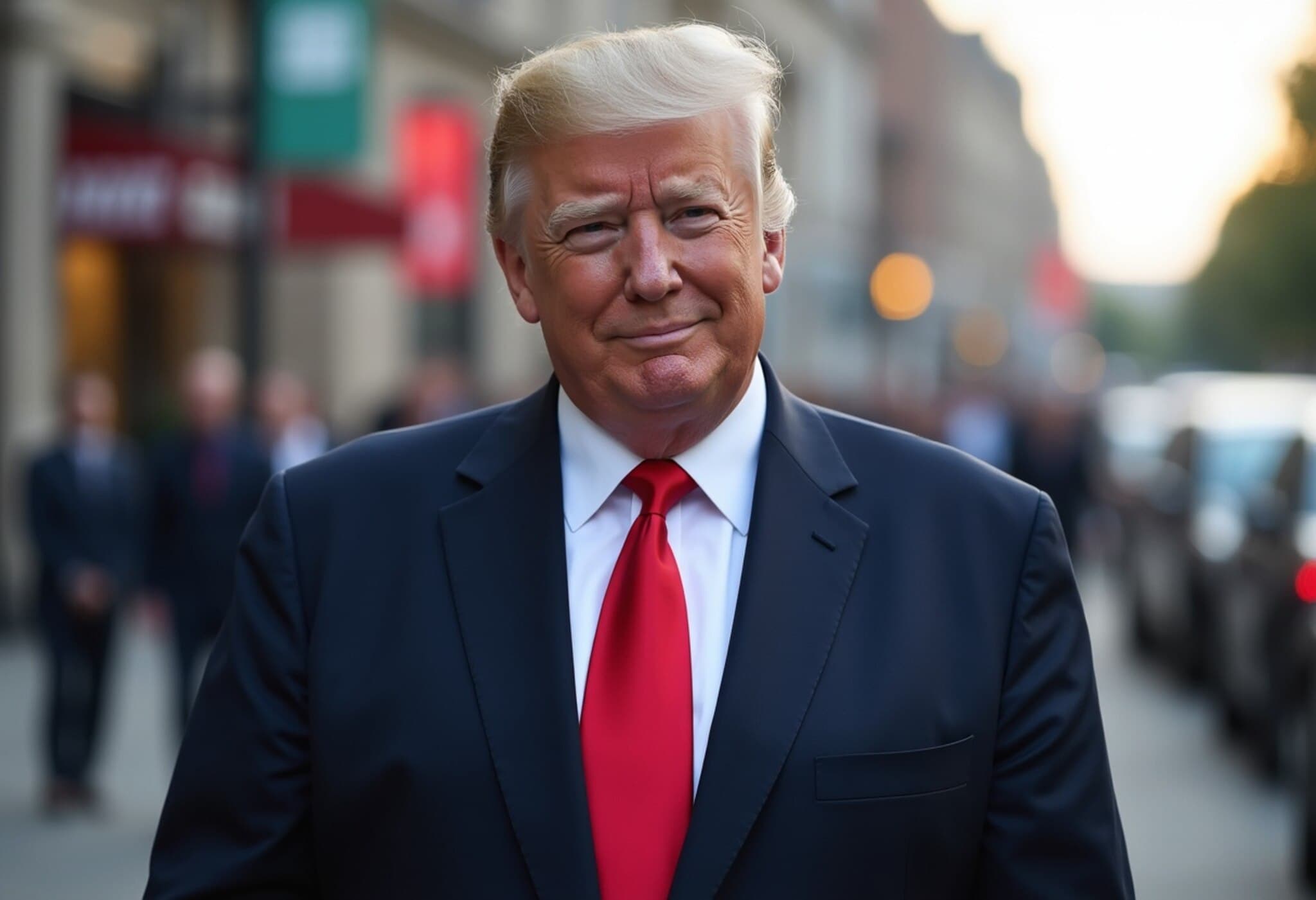EU Ministers Press Israel for Concrete Action on Gaza Humanitarian Accord
In a critical meeting held in Brussels, foreign ministers from all 27 European Union member states called on Israel to expedite the delivery of humanitarian aid to Gaza under a recently negotiated accord. The deal, largely brokered between EU High Representative Kaja Kallas and Israeli Foreign Minister Gideon Saar, aims to facilitate the flow of essential supplies to the beleaguered Gaza Strip, home to 2.3 million people enduring over 21 months of conflict and blockade.
Progress Made, Yet Humanitarian Crisis Persists
Kallas acknowledged some progress in operationalizing the agreement—border crossings have been opened, and trucks carrying food and fuel have started entering Gaza. Efforts to restore the electricity network have also begun. However, she emphasized that these steps fall far short of alleviating the dire humanitarian conditions.
“While we appreciate the initial moves, the situation on the ground remains untenable,” Kallas said. “More robust action is needed to ensure unrestricted and monitored delivery of aid.”
Complex Challenges and Divided EU Responses
Despite the accord’s intentions, many specifics remain undisclosed publicly. EU authorities have expressly refused to cooperate with the Israeli-backed Gaza Humanitarian Fund, citing grave ethical and safety concerns for both aid workers and recipients. The bloc's plan includes opening additional border crossings and establishing oversight at key points such as the Kerem Shalom crossing to guarantee transparency.
Meanwhile, growing calls within the EU—from countries like Ireland, the Netherlands, and Spain—advocate a substantial reevaluation of the EU's diplomatic and economic relationship with Israel. A recent European Commission assessment has even identified "indications" that Israel's conduct in Gaza may breach fundamental human rights clauses embedded in its agreements with the EU.
Nevertheless, member states remain divided on how aggressively to respond, reflecting the complex geopolitical ramifications and longstanding ties.
Public Pressure and the Need for Sustained Unity
Dutch Foreign Minister Caspar Veldkamp attributed the breakthrough to unified public pressure from the 27 EU countries. “The strength of our collective voice was pivotal,” he remarked. “We must keep this unity to push for genuine implementation and eventual peace.”
Irish Foreign Minister Thomas Byrne stressed the gap between promises and reality, citing ongoing violence and limited access to necessities: “So far, the measures have been minimal. Bloodshed continues, and essential supplies remain scarce. We urgently need to see meaningful action.”
Spanish Foreign Minister José Manuel Albares Bueno echoed these sentiments, underlining that the humanitarian accord marks only a first step, underscoring the imperative to end the broader conflict.
Voices from Civil Society and Human Rights Advocates
Activists have expressed frustration with what they perceive as insufficient and slow EU responses. Demonstrations across Europe, including near the European Council building in Brussels, have demanded tougher measures against Israel, drawing comparisons with sanctions imposed on other global actors such as Russia.
Agnès Callamard, Secretary General of Amnesty International, condemned the EU's hesitation: “This is more than political cowardice. Failure to act decisively risks complicity with grave human rights violations, sending a dangerous message to perpetrators worldwide.”
Humanitarian Operations Remain Hazardous Amid Ongoing Conflict
The conflict's toll is staggering: since October 7, 2023, when Hamas launched attacks killing roughly 1,200 Israelis and taking hostages, Israel's counteroffensive has resulted in more than 58,000 Palestinian deaths according to Gaza’s Health Ministry. While mortality figures are debated internationally, the U.N. recognizes Gaza’s local health authorities as the most comprehensive source for casualty data.
EU Commissioner for Equality, Preparedness, and Crisis Management, Hajda Lahbib, highlighted the challenges aid organizations face amid ongoing violence: “Despite some trucks entering Gaza, the situation remains extremely dangerous. Without a ceasefire, humanitarian efforts cannot operate effectively.”
What Comes Next?
The EU has pledged to maintain close monitoring of the accord’s implementation, with Kallas committing to biweekly updates to member states. Yet, the real test lies in translating diplomatic agreements into tangible relief for Gaza’s civilians, while navigating the fraught political landscape surrounding the Israel-Palestine conflict.
Editor’s Note
The EU’s call for Israel to step up humanitarian aid delivery in Gaza underscores the complex interplay of diplomacy, human rights, and real-world suffering. Beyond the immediate crisis, this situation invites critical reflection on the EU's role as a global mediator and defender of international law, raising poignant questions: Can unified action within the European bloc drive meaningful change in such a protracted conflict? And how can humanitarian urgency be balanced with geopolitical sensitivities? As the world watches, these questions demand careful scrutiny and continued engagement.



